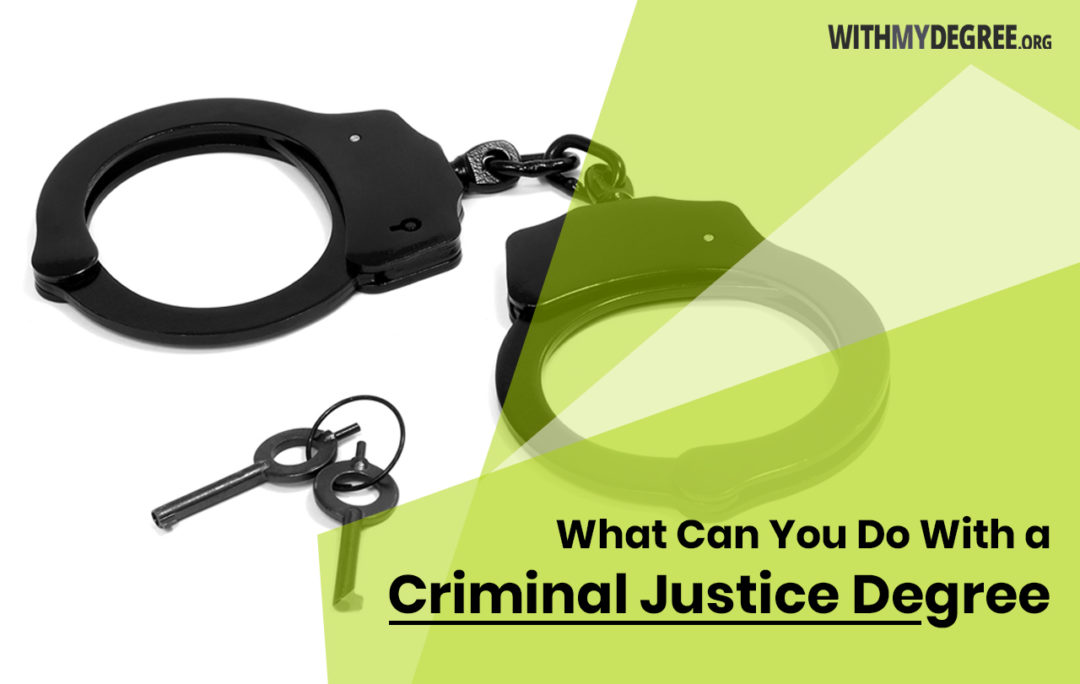
Image Source: pixabay.com
Nearly 3.5 million people work in the field of criminal justice. Their jobs range from law enforcement to science to teachers to paralegals.
A degree in the field of criminal justice is a diverse one, but one thing every job has in common is its ability to make a difference in people’s lives. Whether you work as a correctional officer, private detective, paralegal, or gaming officer, you are part of a system that seeks truth and justice to help maintain one of the most important ideas in the modern world: innocent until proven guilty.
Getting a degree is the best way to get your foot in the door in one of these jobs. Degrees offer a chance to engage in both theory and practice both in the broader and criminal justice field and in your chosen specialty.
Are you nearing the end of your degree and curious about what jobs may be open to you? Here are just a few of the things you can do with a criminal justice degree both as a new hire and across your career.
What Is Criminal Justice?
Criminal justice is a field of study relating to the United States’ justice system. The justice system is the way of identifying crimes and dealing with those who commit them through identification, apprehension, and judgment in the court of law.
Criminal justice the umbrella under which three primary components work together:
- Law enforcement
- Judicial system and the courts
- Corrections system
These three branches work together to ensure that when a crime is committed, there is a reasonable investigation and punishment system in place that both deters crime and prevents recidivism.
Types of Criminal Justice Degrees
A criminal justice degree may be a broad program, or your program may expect you to choose a sub-field or major within the degree. Some of the most common degree program options include specializations in:
- Law enforcement
- Rehabilitation
- Criminology
- Paralegal
- Social work
- Corrections
- Paralegal
- Law
- Research methods
- Psychology
- Information technology
Anyone of these degrees leads to a career in some part of the criminal justice system. Although there are only three main branches, the system features an incredible number of moving parts. These roles ensure the criminal justice system in any locality, state, or country continues to function as intended.
Criminal Justice Careers
Are you thinking about a career in criminal justice? With so many majors open to you, you won’t be surprised to learn that a job in this field is just as diverse and exciting as the program.
Here are some of the possibilities open to you when you graduate and as you progress through your career.
Entry Level
A career in criminal justice is an exciting one, and it’s your first chance to put the skills you learned to work. One of the best things about entry-level jobs is that they are broad, which leaves you free to continue to specialize as you work your way up through the ranks in your chosen field.
Police Officer
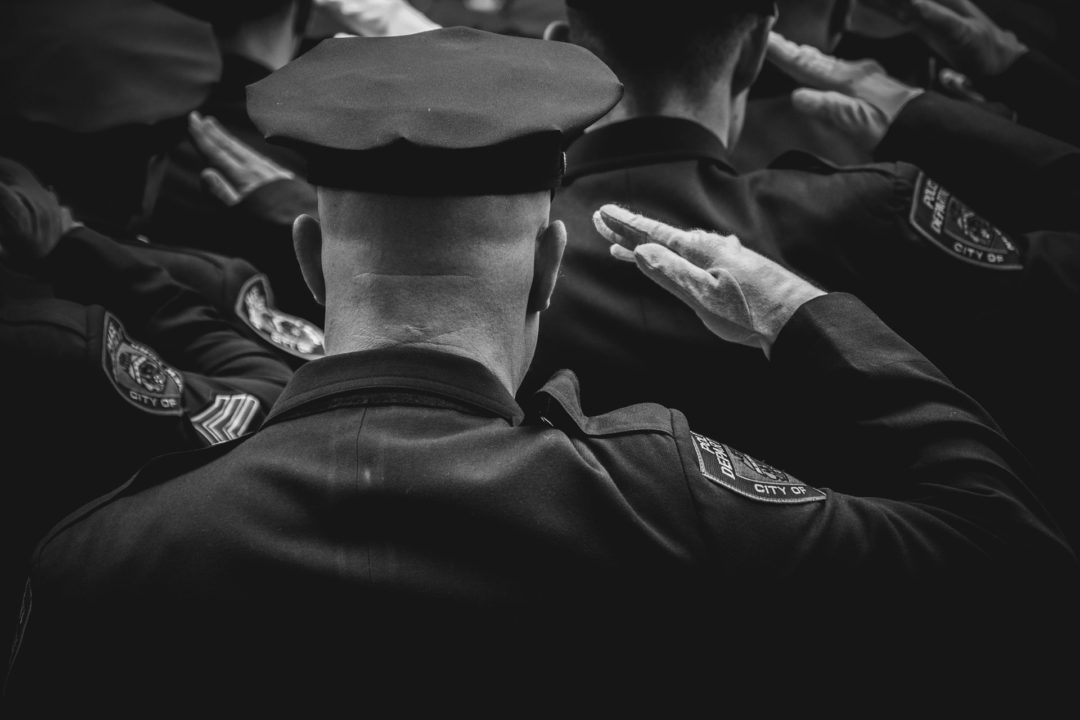
Image Source: pixabay.com
A bachelor’s degree is one path to becoming a police officer. Becoming a police officer means making a commitment to the public and to the law to serve and protect.
Your local department may or may not require a degree because you receive moderate on-the-job training. You will, however, typically need to have a high school diploma and be at least 21-years-old to apply.
Work as a police officer is always changing according to new understandings of criminal justice and community protection. The job outlook is also favorable: roles are predicted to grow by seven percent between 2016 and 2026.
Why start with a degree? A degree prepares you for the psychosocial elements of working with the public. It also helps you advance more quickly and share best practices with your colleagues.
Correctional Officer
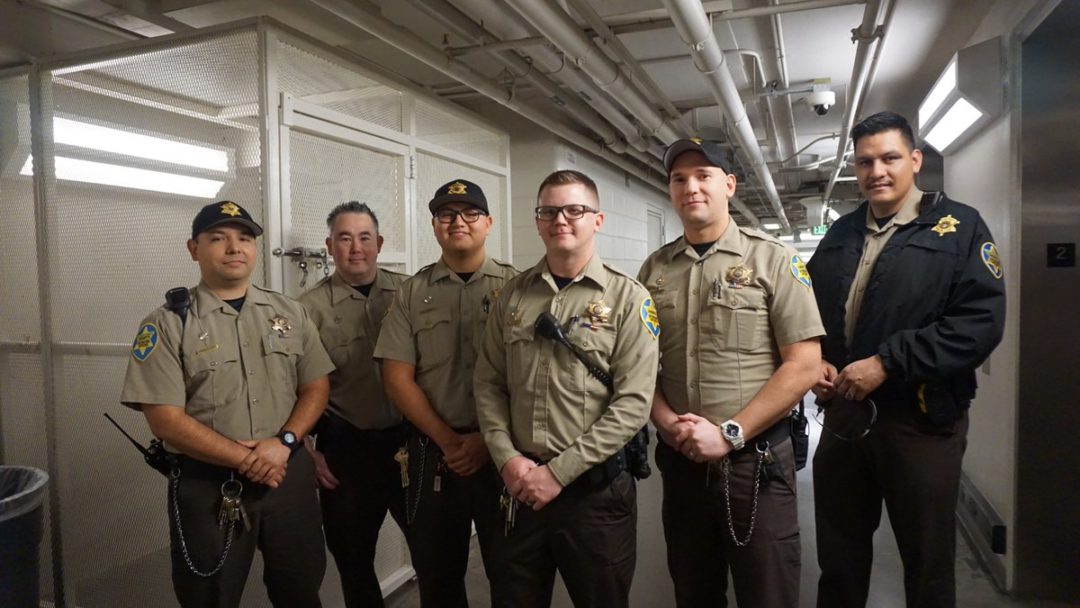
Image Source: twitter.com
You don’t need a degree to become a correctional officer in many states, but a degree helps you better perform the duties of your job and may allow a higher starting salary.
Correctional officers work in jails and prisons as the point of contact between inmates and the administration. While their work was once more like that of a security guard, a recent re-focus in some states led to a focus on rehabilitation.
As a correctional officer, you are responsible for the safety and wellbeing of all inmates under your supervision. You’ll use both your degree and moderate on-the-job training to fulfill that commitment.
Unlike other criminal justice jobs, the correctional officer is in decline. It might shrink by as much as seven percent between 2016 and 2026.
Probation Officer
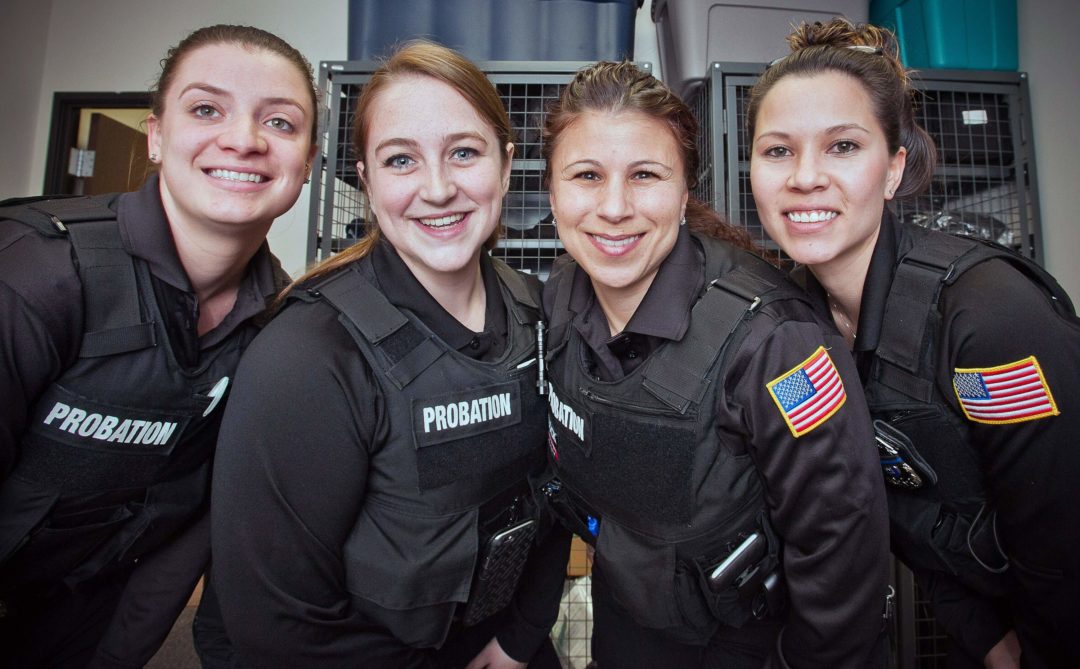
Image Source: www.recordonline.com
Probation officers work with people released from the correctional system under the conditions of parole. As a probation officer, you’ll monitor each parolee according to the requirements of their parole while they re-adjust to life outside prison.
Probation officers work with a specific caseload from a central office. They also travel to parolee’s homes and work.
Working as a parole officer is a chance to make a positive impact on the lives of others and help prevent recidivism.
The BLS predicts the job will grow by six percent through 2026.
Forensic Science Technician
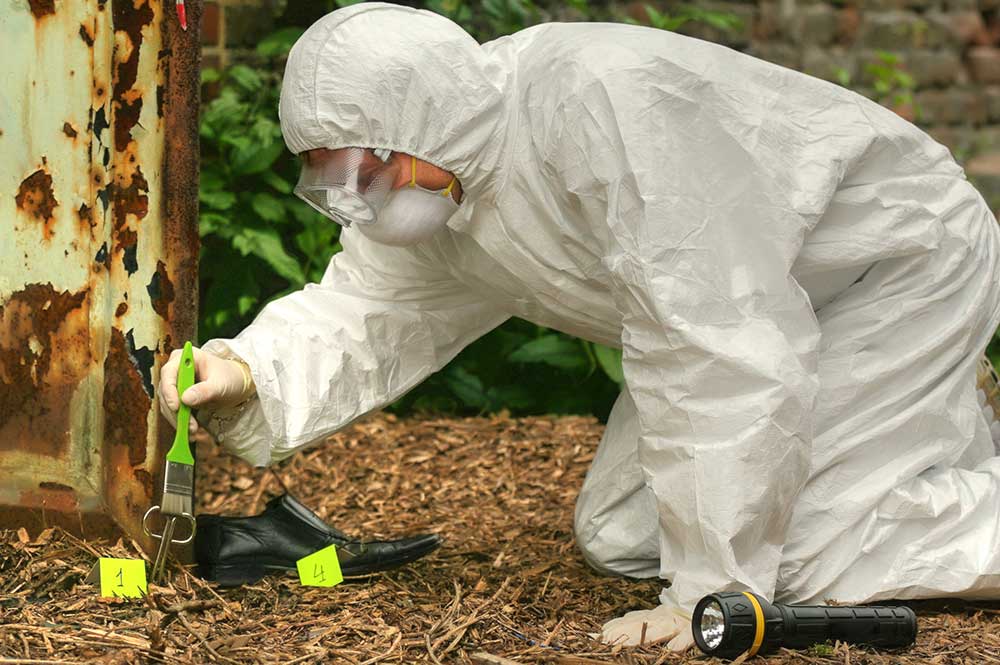
Image Source: www.yourfreecareertest.com
A forensic science technician is an entry-level career for those with a strong head for math and science. The job requires choosing a forensic science specialty within the criminal justice program because you’ll perform specific tasks like dealing with hair or DNA samples, fingerprint matching, or working with broken materials.
You may work in labs as a researcher or with government agencies as part of the investigatory process. Forensic science technician jobs are one of the fastest growing in the field with the field growing by 17 percent between 2016 and 2026.
Mental Health Counselor

Image Source: psychologydegreeguide.org
As the justice system begins to formally recognize the issues of mental health and substance abuse within the criminal justice system, it has added mental health counseling as an essential service.
As a counselor, you’ll work with both individuals and communities to promote mental health through behavioral counseling. You may help issues with substance abuse, stress management, and family problems.
Some of the places you might work include:
- Outpatient care centers
- Local governments
- Psychiatric and substance abuse hospitals
- Individual and family services
- Management, scientific, and technical consulting services
Paralegals and Legal Assistants

Image Source: www.youtube.com
Love the law but not being a lawyer? A criminal justice degree is a great stepping stone to becoming a paralegal. The outlook for paralegals is excellent between 2016 and 2026 with jobs growing at 15 percent.
Paralegals and legal assistants typically work for law firms. They work as supportive assistants to lawyers. You may find yourself researching, drafting documents, and maintaining the law firm’s organization system to improve efficiency.
Forensic Nurses

Image Source: www.allnursingschools.com
Forensic nursing requires a degree in nursing science with a criminal justice emphasis. As a forensic nurse, you may assist forensic investigators in collecting data or even provide care to those who experienced or committed violence. Prosecutors may also call on these roles to attend court and offer testimony, often in sexual abuse or violence cases.
Forensic nurses must pass the NCLEX-RN exam, and these nurses often get a master’s in the field. Still, it is a chance to use your caring skills in a context where care and compassion are sorely needed.
Career Progression
With experience and maybe even a graduate degree, you’ll find that many of the opportunities in criminal justice open up the option for advancement in your field.

Image Source: thebestschools.org
Police Officer
As a police officer, you will move up a set hierarchy to take on new roles and responsibilities. Police officers may move laterally into specialty positions like a detective, SWAT, counter-terrorism, or another job.
They may also move into supervisory positions like police sergeant, lieutenant, and captain. With years and promise under your belt, you can dive headfirst into roles that supervise entire organizations like commanders, assistant police chiefs or even the highest-ranking officer: police chief.
To get here, you’ll need decades of experience as well as continuing education policing, criminal justice, management, and leadership.
Correctional Officer
As a correctional officer, you have the option to move up within the correctional institution administration to take on both supervisory and administrative roles. In private organizations, you may step into an office-based role where you make organizational decisions that balance the needs of the company, officers, and population you oversee.
Paralegal
Paralegals may work their way up the ladder in law firms to lead teams of paralegals or become consultants. In large firms, these paralegals are indispensable and may command significant salaries. However, the nature of the work means that paralegals may not participate in activities that come near practicing law.
Paralegals may find that their work inspires them to go to law school, pass the bar exam, and become a lawyer to take on more responsibilities.
Forensic Nurses
Forensic nurses often remain in their position for many years, but they also have opportunities to specialize and pursue higher education in their field. Greater specialist skills and higher education allow you to seek out leadership and even teaching positions in the specialty.
How Will You Make a Difference?

Image Source: pixabay.com
Starting a career in criminal justice allows you to make a real difference in people’s lives. In many cases, you spend years working with community populations and one-on-one with the people who need you most.
No matter where your skill set lies, you can make a difference with a criminal justice degree. Where will your studies take you?


